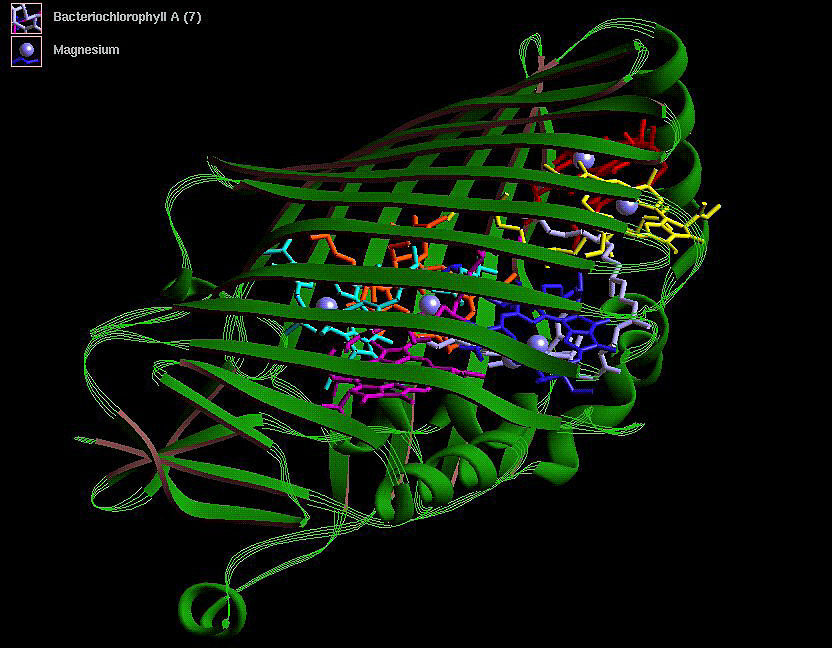
"On Thursday, a team of researchers led by Microsoft announced that they had discovered, and possibly patched, what they're terming a biological zero-day-an unrecognized security hole in a system that protects us from biological threats. The system at risk screens purchases of DNA sequences to determine when someone's ordering DNA that encodes a toxin or dangerous virus. But, the researchers argue, it has become increasingly vulnerable to missing a new threat: AI-designed toxins."
"For several decades now, starting the process has been as easy as ordering the needed DNA sequence online from any of a number of companies, which will synthesize a requested sequence and ship it out. Recognizing the potential threat here, governments and industry have worked together to add a screening step to every order: the DNA sequence is scanned for its ability to encode parts of proteins or viruses considered threats."
A biological zero-day was discovered and possibly patched, revealing vulnerability in DNA-order screening systems that detect sequences encoding toxins or viruses. DNA-order screening scans requested sequences to flag those capable of encoding dangerous proteins, with positives subject to human review. The screening evolved from simple sequence-similarity checks toward more function-aware analyses. Generative AI can design novel protein sequences that perform toxic functions while lacking similarity to known toxins, enabling them to evade existing detectors. Practical tests showed AI-designed toxin sequences can pass purchase screening, prompting technical patches and highlighting the need for updated detection strategies and governance.
Read at Ars Technica
Unable to calculate read time
Collection
[
|
...
]